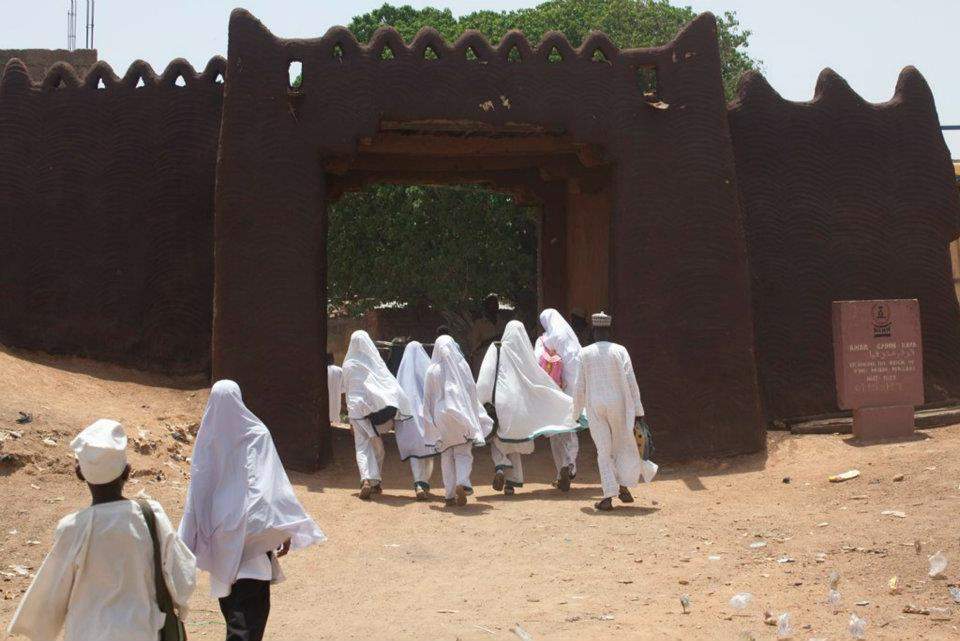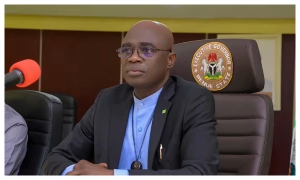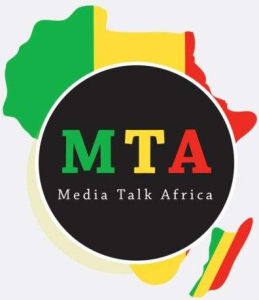No fewer than 1.5 million girls enrolled in faculties in six Northern states in the final 10 years below the Girls Education Project Phase III…
No fewer than 1.5 million girls enrolled in faculties in six Northern states in the final 10 years below the Girls Education Project Phase III, GEP3.
This is contained in the report of an analysis of the challenge offered on Thursday in Kaduna State.
The GEP3 which started in 2012 and ended in 2022 focused a million girls and surpassed it with over 500,000 girls by family.
It is funded by Foreign Commonwealth and Development Office, FCDO, UK, by UNICEF and applied by the Federal and State Governments of Nigeria.
It is aimed toward enhancing entry, enrolment, retention, and studying outcomes for girls in fundamental schooling in the Northern Nigeria states of Bauchi, Katsina, Niger, Sokoto, Zamfara, and Kano states.
The findings revealed that 23, 655 girls benefited from the money switch program and greater than 67, 000 lecturers and Integrated Qur’anic Schools, IQS, facilitators have been educated, which improved educating competency from 12 per cent to 52 per cent.
The report additionally confirmed that 2.6 million youngsters continued schooling by alternate studying throughout the COVID-19 the place back-to-school campaigns carried out in 18, 567 faculties resulted in 94 per cent of youngsters returning to high school.
The report additional confirmed that greater than 3, 800 faculties and IQS applied the Reading and Numeracy Activity, RANA, with enchancment in foundational literacy.
Also, the performance of Schools Based (*6*) Committees (SBMC) and Community Based (*6*) Committees, CBMCs, elevated from 30 per cent to 80 per cent with entire faculty growth plans.
The plans included actions on girls’ enrolment and retention which elevated from 45 per cent to 67 per cent.
Speaking throughout the dissemination assembly of the findings, the Officer in Charge (OiC), UNICEF Kaduna Field Office, Dr Idris Baba, famous that the success of the challenge could possibly be attributed to adopting a complete societal method.
Baba mentioned it could possibly be thought-about as a variety of social, psychosocial, cultural, and financial elements that have an effect on girls’ schooling.
“The combination of multiple intervention types, targeting various stakeholders and utilising different change-inducing modalities, was instrumental in inducing the desired shifts in perceptions and behaviours.
“The Girls’ Education Programme 2012 to 2022 in Northern Nigeria has made remarkable progress in reducing inequalities and improving girls’ access, enrolment, retention, and learning outcomes in basic education.
“The achievements, lessons learned and recommendations presented in this brief, demonstrate the programme’s effectiveness and provide valuable insights for future interventions,” he mentioned.
In her comment, the Director of the Senior Secondary Education Department, Federal Ministry of Education, Binta (*10*), famous that the GEP3 was successful in so some ways.
Mr (*10*) mentioned that it had modified the narrative in faculty enrolment and completion on the Basic Education stage.
Represented by Monica Ogah, Director, Unity Schools Division, she added that GEP3 was conceived on account of the success achieved by the implementation of GEP1 and GEP2.
NAN





